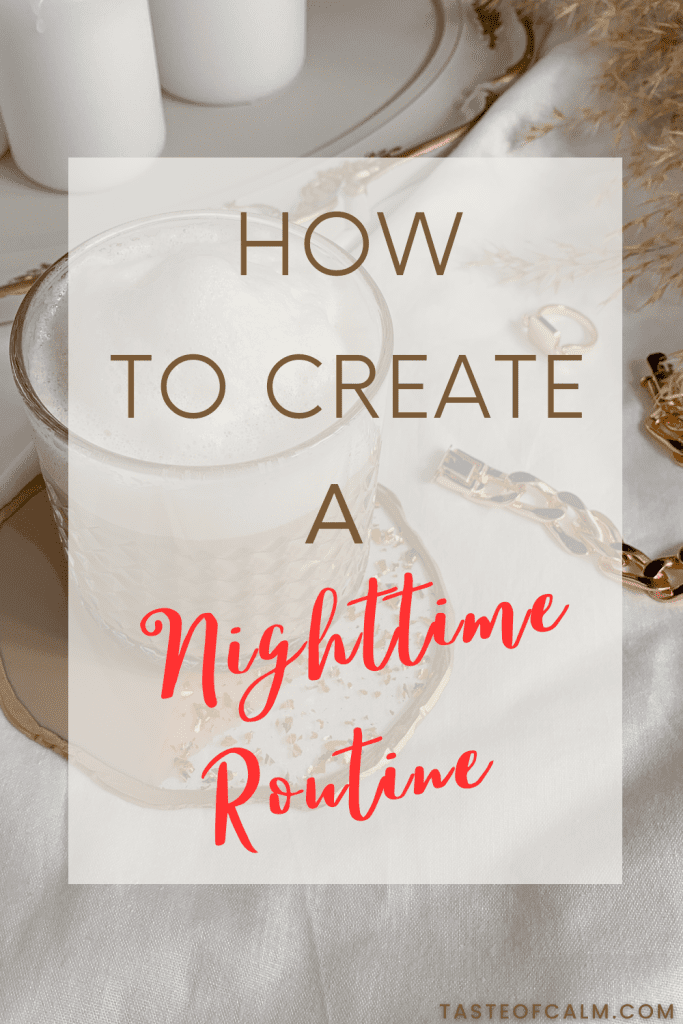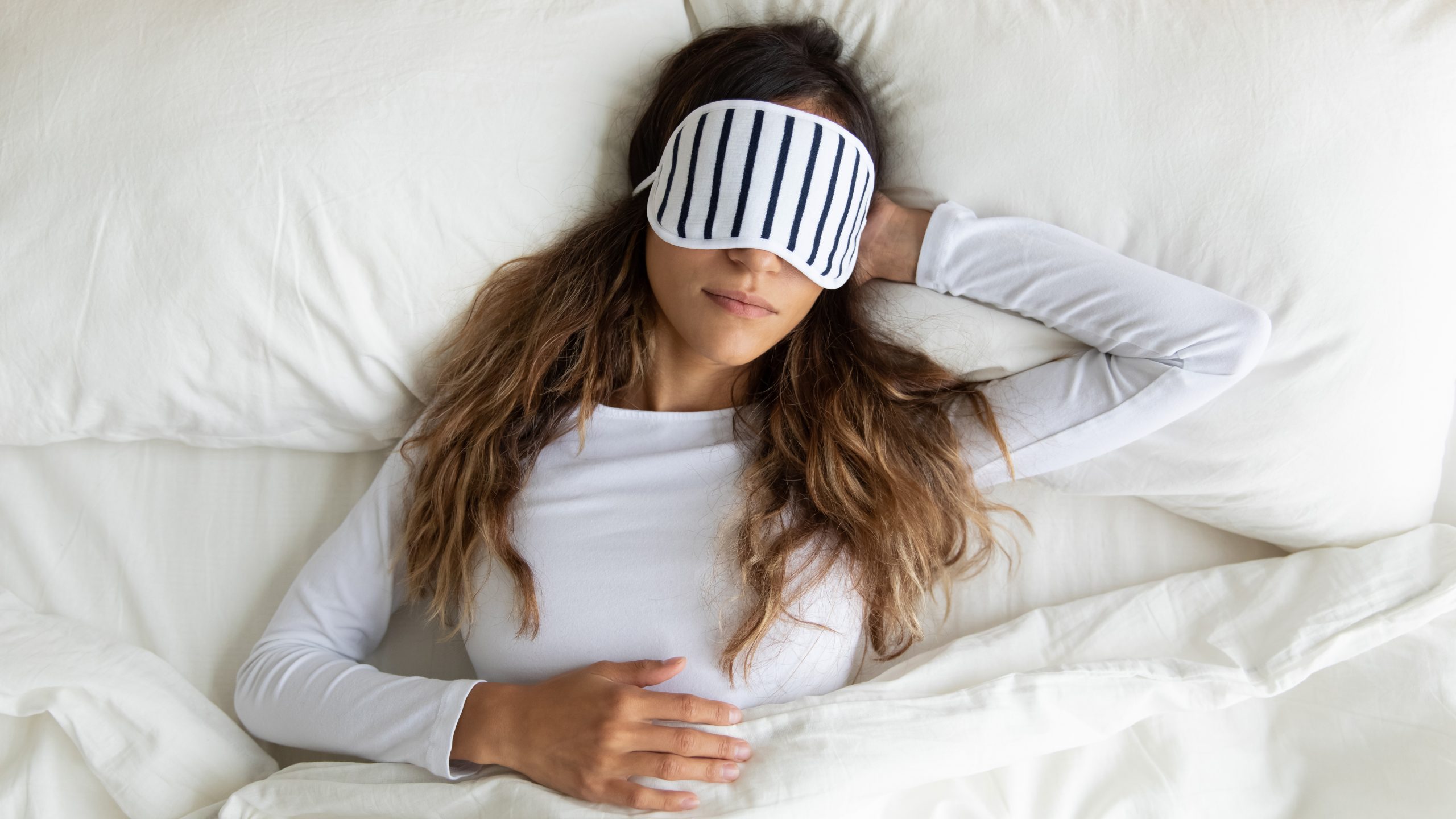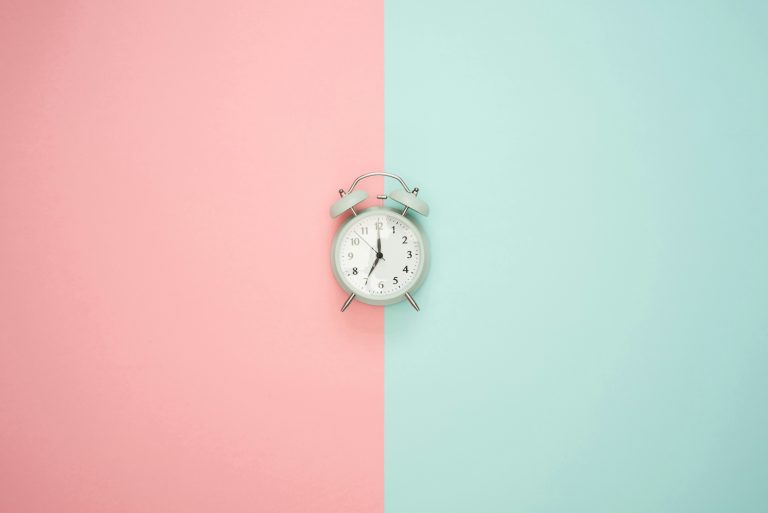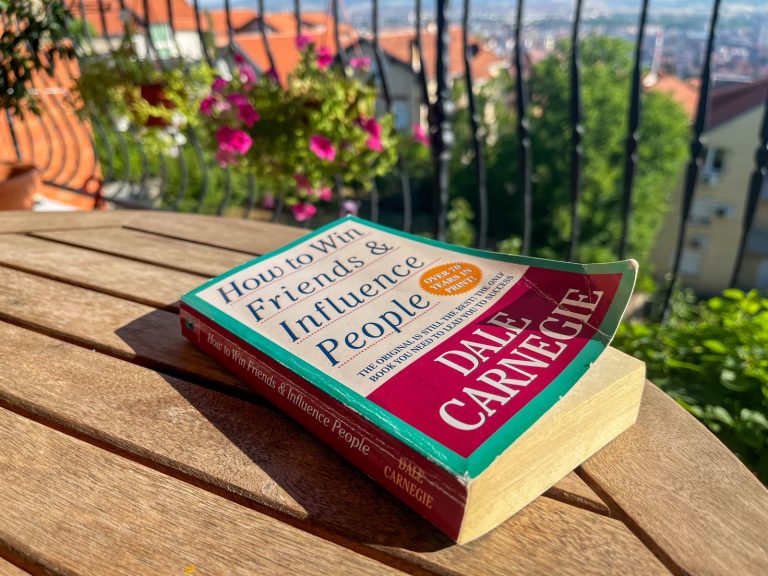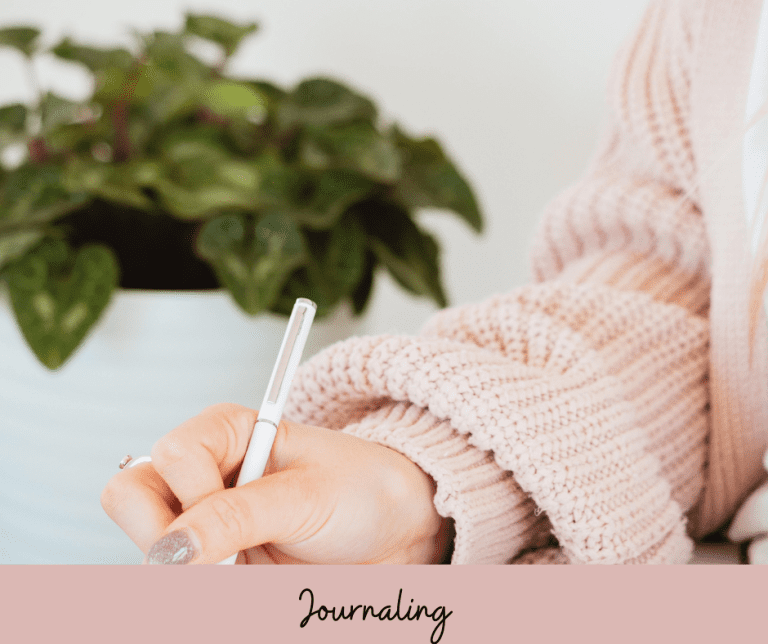How to Create a Good Nighttime Routine
After 40, sleep can start to feel like a bit of a battle. Whether it’s age, hormones, or just life, it’s no longer as easy as dropping into bed and expecting to stay asleep all night.
For the last couple of years, I’ve found myself waking up in the middle of the night, tossing and turning for about an hour before finally drifting back to sleep.
But when I stick to a simple nighttime routine, things are so much better—I feel way more rested in the morning.
I know we all love those beautiful, perfectly edited YouTube videos with intricate morning routines. But with two little kids, that’s just not realistic for me!
So, my advice? Adjust your routine to fit your lifestyle, and start with something simple.
A good nighttime routine will enable you to start the next day ready and get good quality sleep.
Benefits of a nighttime routine
Sleep is hands-down one of the best things you can do for your immunity, reducing inflammation, and keeping your energy and mood up all day long.
It influences everything—your family life, friendships, and even your work.
But building a nighttime routine isn’t just about getting enough sleep; it’s about getting consistent, quality sleep.
That means aiming to go to bed and wake up at the same time every day. It also means carving out some time in your evening to help your body ease into deep, restful sleep.
For me, a nighttime routine helps me prepare for the day ahead. If I leave dirty dishes, or clutter around the house, then the next day I am always in a rush trying to make up for the lost time.
How to create a good nighttime routine?
You need to first take a look at your lifestyle and your obligations. What time do you return from work? When do you want to be in bed?
Decide on several important time frames and work from there.
Do you want to use your routine to prepare for the next day, spend time with kids, or just relax?
My advice is just to keep it simple. The more you complicate your routine, the less likely you are to follow it.
STEP 1: Set a bedtime
The first step? Decide when you want to get up. If you aim for 8 hours of sleep, try to be in bed 9 hours before waking time.
The key to sticking with a sleep schedule is to be realistic.
If you’re used to falling asleep at 2 a.m., don’t expect to suddenly be in bed and out by 10 p.m. Start with a small change, like moving your bedtime to 1 a.m., and stick with it until it feels natural. Then, nudge it to midnight.
Small steps over time will work much better than a massive change all at once. (Check out my Building Habits post for more tips!)
I aim to be in bed by 9 p.m. and asleep by 10, but that’s because I need to be up by 6 or 7 a.m. every morning. Find what works for you and ease into it.
Consistency is key here! I keep the same schedule on weekends.
STEP 2: Eat an early dinner
What we eat, and when we eat, can affect our sleep. Eating at night, therefore, can have varied effects on how fast we fall asleep, the quality of our sleep, and how we feel in the morning.
Avoid coffee in the afternoon, and try to stay away from sugar after dinner.
I prefer to eat at least 2 hours before bedtime. Choose a light, healthy meal that is easy to digest.
STEP 3: Prepare for the day ahead
Ideally, your nighttime routine helps you prepare for the great morning routine the next day.
Before you start winding down for the night, spend some time preparing for the day ahead.
Here are some things I like to do before my bedtime:
- Tidying up around the house (kids should join you)
- Cleaning the kitchen and prepping my breakfast or lunch for the next day
- Checking my journal for any appointments tomorrow and writing ideas for my most important tasks tomorrow
- Prepping kids’ schoolbags and snacks
I do not do anything that is too hard, I just make sure to end the day organized, in a clutter-free space.
STEP 4: Get away from all devices

Turn off your phone.
This is probably the most important advice in this post.
We spend the entire day distracted by our computers and phones, so leave it at least before bedtime.
There is nothing urgent that you cannot check and reply to tomorrow.
This will enable your mind to rest and prepare for the next day.
I like to read before falling asleep, but you can choose your own favorite activity.
You can write, knit, color, read a magazine…the choice is yours. But it should be something that is creative and that helps you relax and wind down.
Here are some of my favorite activities:
- Reading a book in bed
- Applying castor oil, using a face or eye mask, doing my nails
- Taking a walk
The purpose of this time is to relax and prepare your mind and body for sleep. You need to test different activities and find which one works best for you.
STEP 5: Take supplements if needed
Sometimes you just need something extra to help you sleep.
And after 40, I sometimes find that I cannot sleep even when I do my best to spend a phone-free relaxing evening. The hormone changes our body goes through mess with our sleep.
I take magnesium bis-glycinate every night. And I find that it helps me relax and sleep.
I also drink my ashwagandha tea in the afternoon.
There are many options to choose from…but not everything will work for you.
Consult with your doctor and try to find something that will help you.
How to stick to your nighttime routine
At first, it is difficult to stick to any new routines. But as you repeat this process over and over, you realize that these steps work. You start to feel better, and more rested.
The next day, you are more focused at work.
And you become more confident.
Building habits is not easy, but it is also a process of building your identity. So never give up.
